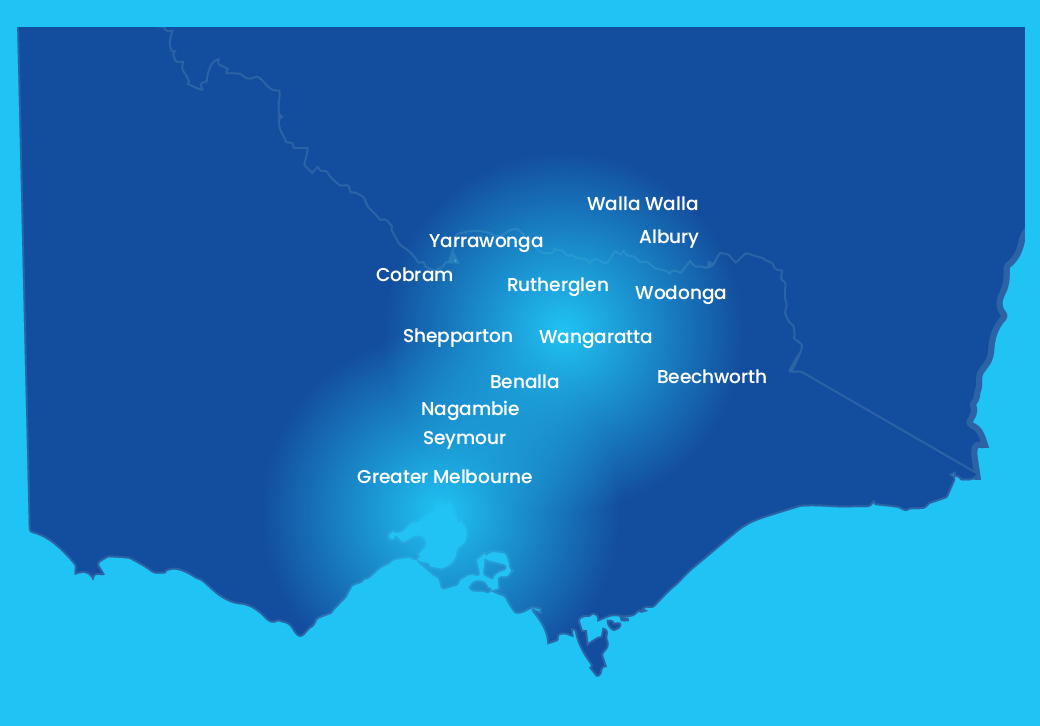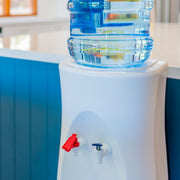What Do Water Filters Remove?

When it comes to water filters, some people are sceptical about how much of a difference they actually make to the quality of the water. In this blog, we'll dive into the world of water filters and explore the different types of contaminants they can remove.
First things first, let's talk about why water filters are important. While tap water is generally safe to drink in Australia, it can still contain a variety of impurities that can affect the taste and quality of your water. Additionally, in some cases, tap water can contain harmful contaminants such as bacteria, viruses, and heavy metals, which can have negative health effects.
Water filters work by removing these impurities from the water as it passes through a filtration system. The type of filter you need will depend on the specific contaminants present in your water – so, let's take a closer look at the specifics.
What contaminants do water filters remove?
- Sediments: These are particles of sand, dirt, rust, and other debris that can be present in your water supply. Sediment filters work by capturing these particles as the water passes through them.
- Chlorine: Chlorine is often added to tap water to disinfect it and kill harmful bacteria. While it's effective at its job, chlorine can also affect the taste and odour of your water. Activated carbon filters are commonly used to remove chlorine from water.
- Heavy metals: These can include lead, mercury, cadmium, and arsenic. Heavy metals can leach into your water supply from old plumbing, industrial waste, and other sources. Reverse osmosis filters and activated carbon filters are often used to remove heavy metals from water.
- Bacteria and viruses: These microorganisms can cause illnesses such as diarrhea and stomach cramps. UV filters and ceramic filters are often used to kill bacteria and viruses in water.
- Pesticides and herbicides: These chemicals can find their way into your water supply through agricultural runoff or other sources. Activated carbon filters and reverse osmosis filters can be effective at removing pesticides and herbicides from water.
- Fluoride: Fluoride is often added to tap water to promote dental health - however, some people prefer to remove fluoride from their water. Reverse osmosis filters can effectively remove fluoride from water.
These are just a few of the many types of contaminants that water filters can remove. It's important to choose the right type of filter for your specific needs, based on the contaminants present in your water supply.
Install a water filter today
In conclusion, water filters are an important tool for ensuring that your tap water is clean and safe to drink. If you’re interested in installing a water filter in your home or place of business, our friendly professionals at Kiewa Valley Spring Water can do this for you. We specialise in efficient and reliable water filter installation, water cooler hire, spring water supply, and all the accessories that come with it. For more information, please get in touch.







